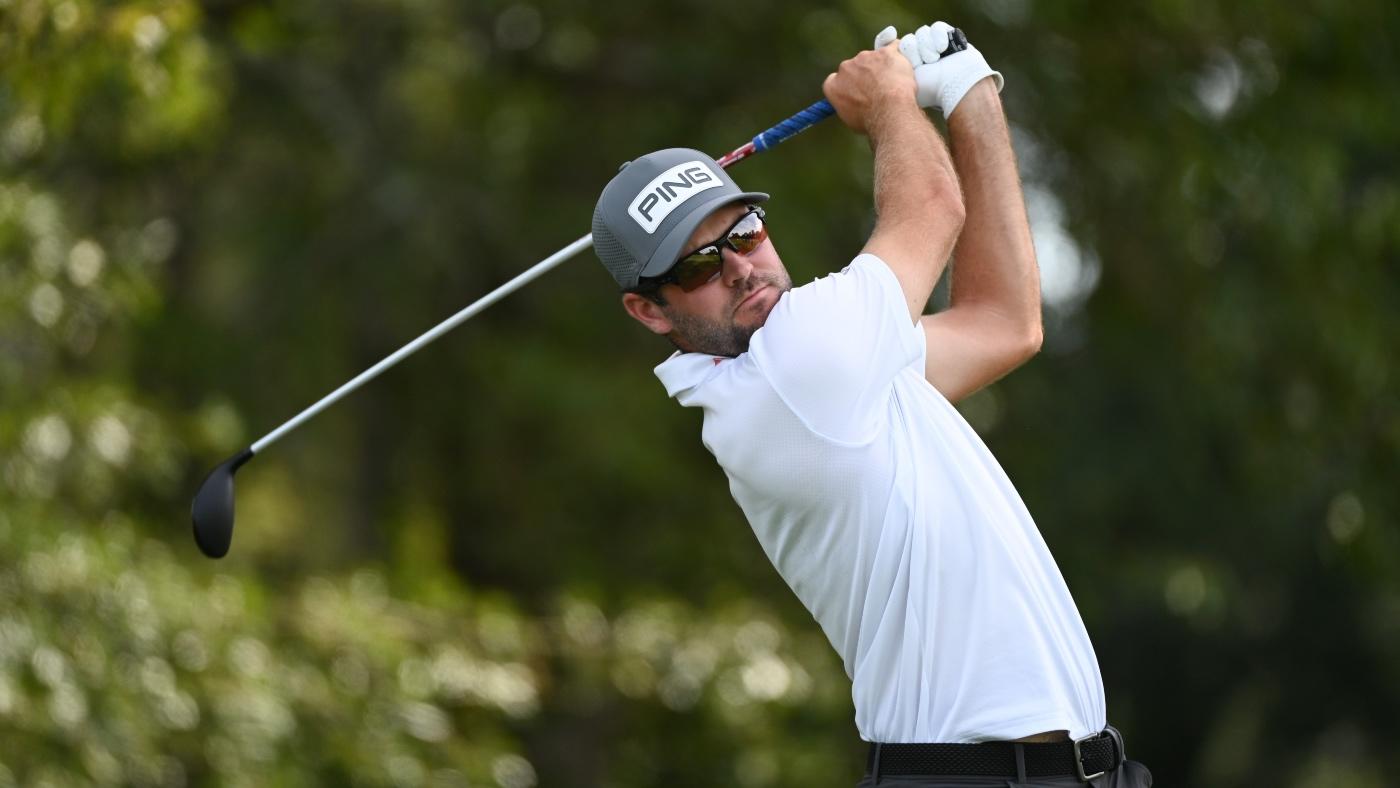How the Supreme Court stepping into the Trump immunity fray could affect a Jan. 6 trial
Written by ABC Audio ALL RIGHTS RESERVED on April 24, 2024
(WASHINGTON) — When the U.S. Supreme Court announced it would decide whether former President Donald Trump is immune from criminal prosecution in the federal government’s election subversion case, many court experts considered it a major win for his team — because it means a trial could be substantially delayed again or even not happen at all.
The timing of a decision is critical. For example: What if it doesn’t allow a trial to start until just before the November election, in the heat of the 2024 campaign? What happens if Trump wins the presidency before any verdict is reached?
The justices will hear oral arguments in the case on Thursday. The central question before the court is “whether and if so to what extent does a former president enjoy Presidential immunity from criminal prosecution for conduct alleged to involve official acts during his tenure in office.”
In taking up the case, the court moved faster than it typically does, experts told ABC News, but history shows it could have acted an even more expedited basis — as it has in other high-stakes cases.
“The court’s decision to take the appeal and not move as quickly as it could have surprised and disappointed many court watchers,” Michael Gerhardt, a constitutional expert at the University of North Carolina, told ABC News. “Its decision obviously helps to delay at least one criminal case against former President Trump.”
Experts point to how the court handled Bush v. Gore, when the justices intervened to end a ballot recount and effectively hand George W. Bush the presidency in the 2000 election. That case was argued and decided within four days, and they note that, while it’s possible the court could act in a similar way in Trump’s case, they say that’s not likely.
It’s more likely, they say, that a decision will come when the court’s term ends in late June or early July.
“The longer it takes for the court to decide, the more it helps Trump,” Gerhardt said. “If it says he is immune to the prosecution, that will be the end of it. Otherwise, it will be a race to get the trial started if not finished before the election.”
In United States v. Nixon, the Watergate scandal tapes case, the Supreme Court heard arguments July 8, 1974, and issued its opinion rejecting his claim of executive privilege 16 days later.
If the justices acted on a similar timeline in Trump’s case — and rejected his immunity claim — a trial could likely still happen before Election Day, according to Norm Eisen, a senior fellow at the Brookings Institution who served as special counsel to the House Judiciary Committee.
“A 16-day window is ample time for the case,” Eisen said on a call with reporters in late February. “Even if they take a little longer, this case can still be litigated. Judge Chutkan has said she will treat Donald Trump like any other criminal defendant.”
Trump’s election subversion trial was originally set to begin March 4 by U.S. District Judge Tanya Chutkan but she has frozen the case while Trump appeals the immunity question. Two lower courts have rejected his claim, including a unanimous decision by a panel of the U.S. Court of Appeals for the District of Columbia Circuit.
Anticipating Trump’s strategy to try to delay, Smith asked the Supreme Court in December to immediately take up the case. The justices rejected his request, allowing the federal appeals court to hear the matter first.
After eventually agreeing to hear the case, the Supreme Court allowed almost two months before hearing oral arguments.
“There is a sense in which this feels like a very middle of the road position,” said Jessica Roth, a professor at Cardozo School of Law and a former federal prosecutor. “What I read between the lines is some compromise among the justices about the need to take the case, the urgency of the case and what they see as being necessary or how broadly they think they need to weigh in.”
“If this trial does not come to pass, it will be on the Supreme Court and all of the Supreme Court if they capitulate to the MAGA-wing of the court,” Eisen said.
What happens next?
After the Supreme Court hears from both sides, the key question becomes how quickly it hands down a decision and its scope.
When Judge Chutkan first paused the trial due to Trump’s appeals on immunity, there were 88 days left until it was scheduled to begin. She previously indicated that if she is allowed to resume the case, she would give Trump’s team the same length of time to prepare.
So, if the Supreme Court waits until the end of its term make a decision, a trial might not begin until early fall when the campaign is in full swing — or possibly even after the election.
Trump already is claiming election interference and political prosecution, accusing Smith of bringing the case to get him off the campaign trail. He and his allies are likely to ramp up those attacks if the trial begins after the GOP convention in July.
In a court filing in February, Smith told the justices there is a “national interest” in seeing the charges against Trump “resolved promptly” because they “strike at the heart of our democracy,” although he didn’t mention the November election.
Roth, the Cardozo Law School professor, said if Trump wins the election and takes office in January — and the trial has not yet concluded — he could direct his attorney general to end the prosecution. If he wins and takes office after already being convicted, he could in theory pardon himself — something unprecedented, and, experts say, would likely be challenged.
Copyright © 2024, ABC Audio. All rights reserved.







